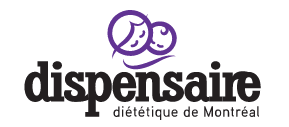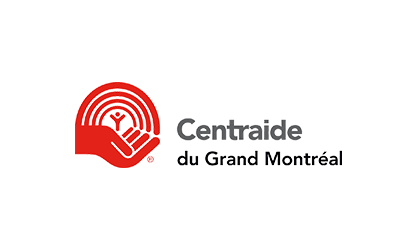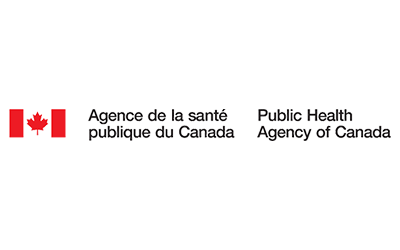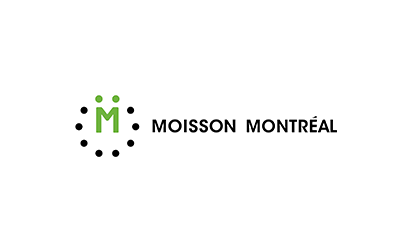Babies should be close to 6 months old before the introduction of solid foods and show signs of interest and readiness.
According to Health Canada, breastmilk and commercial baby formula meet the nutritional needs of babies until the age of 6 months. At this age, complementary foods can be introduced to meet growing nutritional needs and allow the baby to discover foods progressively.
However, some babies have a big appetite and are able to begin eating solid foods slightly before the age of 6 months.
A baby is ready to eat solid foods, when ALL the following signs can be noticed:
- Over several consecutive days, the mother’s milk or baby formula are not sufficient to make the baby feel full, even if he drinks a large quantity.
- The baby can sit up without support and hold his head up.
- The baby shows interest in solid foods.
- The baby tries to chew and puts objects in his mouth.
It is preferable to introduce solid foods before the age of 7 months to prevent nutritional deficiencies, especially iron, and to progressively accustom the baby to food.






